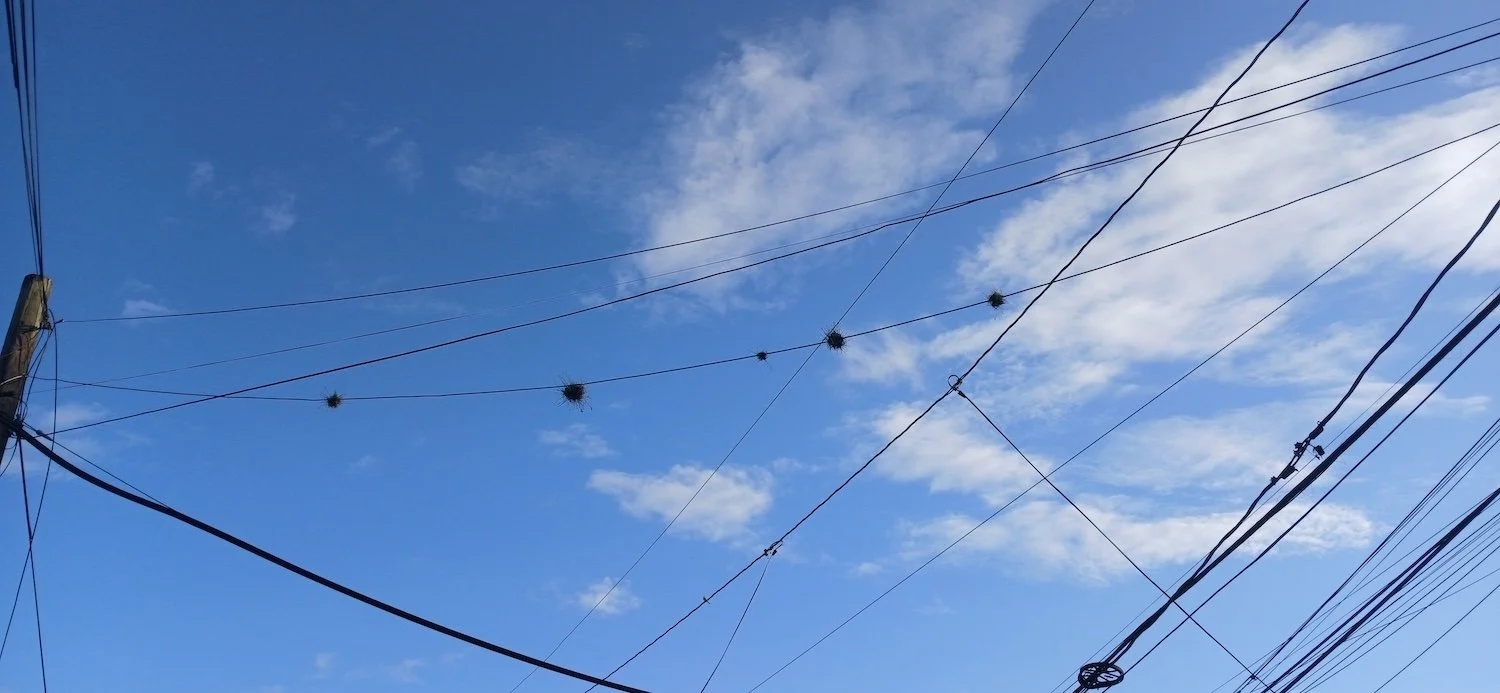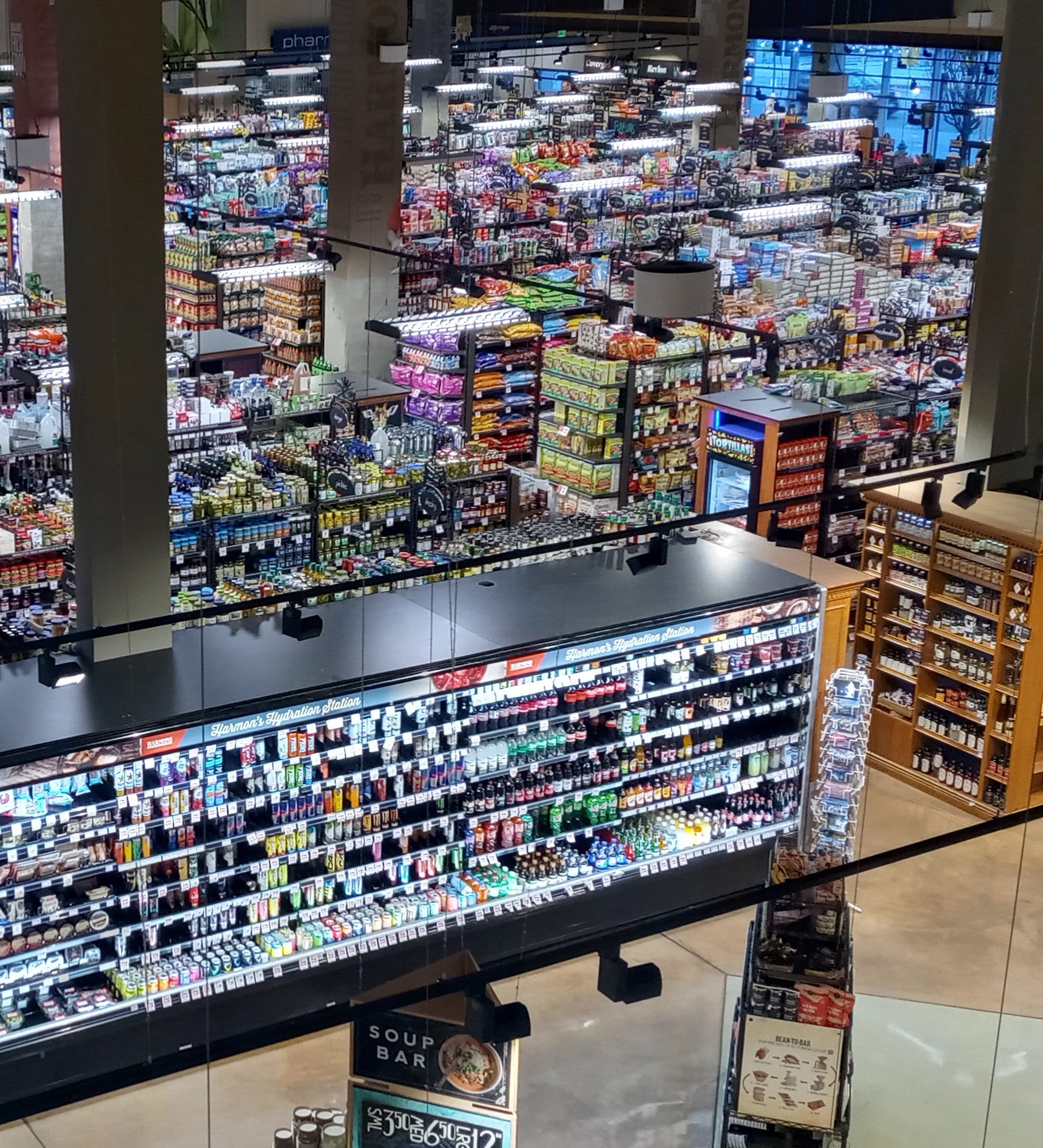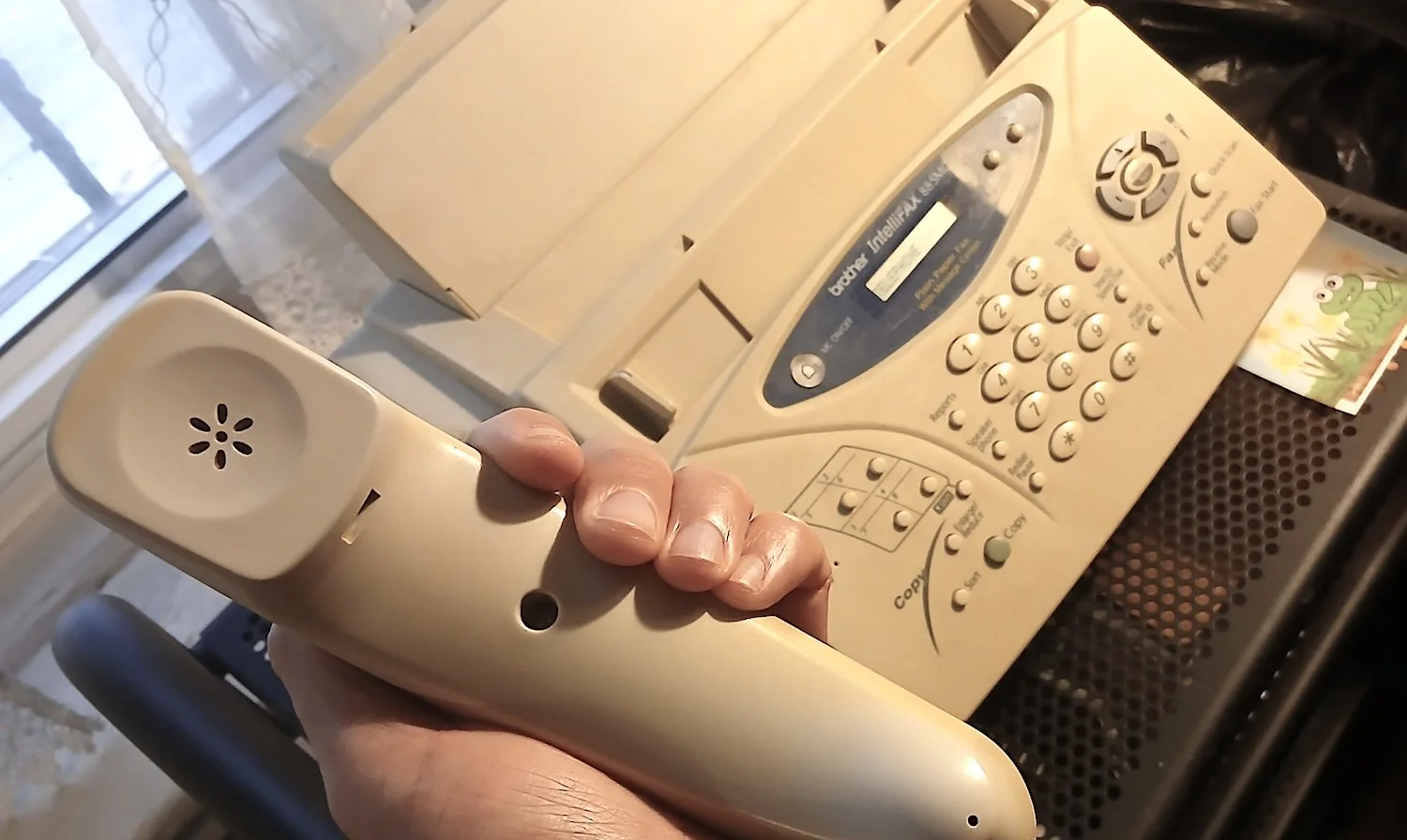The heart can hold pain and suffering so efficiently, like the sturdy clay pitcher thrown by a skilled potter. Steady foot. Strong handle. Functional spout. Graciously rounded belly that the hand can grasp. In liquid form, hurt evaporates, yet it can remain securely stored for a considerable time. I can gulp it all, glass by glass, sip by sip, while some of it rejoins the atmosphere at a pace unperceivable to the eye. Physiology assists the process by the act of elimination. What goes in usually comes out, and that certainly includes a drink of water, unless there is an illness preventing this flow. If I am lucky, clay will do its part by allowing its porosity to absorb a measure of the contents of the jar; my heart. By the way, high-fire glazes are non-porous. The purpose of them is to hold liquids for a long-period, and to provide a sanitary surface that can be scrubbed easily. Pots of this kind are less likely to host germs in their inner wall, and thus they are ideal for behaving as a barrier between the inside and the outside. In any case, the heart is not a high-fire pot, but more like its terracotta counterpart, with its transpiring surface in continuous exchange with the shifting surroundings; the world at large.
The time I started to make telephone calls was not 3:00 AM. It was more like, maybe, the middle of the afternoon, or possibly the end of the day. I was in deep distress because of the false stories that an organization I have interacted with in the past had concocted about my persona. But wait, I was actually at the doctor’s undergoing some tests when I received the message that my adoption of a cat I had rescued was denied based on my previous history of “cat neglect.” Whoever wove this narrative had pulled together strands, bits and pieces, from all of the creatures I had encountered on the streets—none of which were mine—and which I had brought to this organization to help. There was the black female cat missing fur on its tail and freezing on a Bronx doorsill, waiting to be let into the place from which she was probably kicked out; and the cat full of feces someone had abandoned to its fate while facing leukemia. The orange one found by the Bronx River banks was once obviously domestic, now full of mistrust of most humans. His eyelids were growing inwards, a condition known as entropion. Bubblegum was easily co-rescued with another non-human animal advocate and was walking on three legs. The month and a half that he spent under the care of a local foster organization granted him the opportunity to heal a gash in his paw and to recover from an upper respiratory illness, also known by the acronym of URI. Somehow, I was blamed for the neglect of every single one of these cats.
I received the news from the cat organization in the form of a text as one of my physicians completed an exam, and as one of the team members at the medical office was sharing with me the preparations for an upcoming colonoscopy. I have heard before how my (one’s) reputation is always in the hands of others, but I could not hear a single word that the medical assistant was conveying to me regarding the prescribed procedure. When the accusation arrived, my blood pressure climbed to 160 plus. I did not understand a word the doctor’s staff member was trying to share with me. She quickly switched to Spanish in a compassionate attempt to be there for me. “It is not the language,” I said to her. “I simply can’t process what you are telling me.” She paused with the intention for me to tell her my story. That is what good medicine is about.
It was not 3:00 AM when I reached out, via my cell, from the Upper East Side, to those I felt could come to my rescue. “Please help me out and attest to my moral character.” But who is to expect that everyone will be available at any given moment. I had to contend with the false sense of uninterrupted connectivity that cellphone culture has instilled in us. Not true. People might be away from their devices washing dishes, mending socks, making themselves a cup of tea, crying, having sex, or simply taking a break from the devil, as I have come to name the device to which the tech industry has made many of us addicted to. First to answer was an anarchist friend in the South Bronx. “What the f*ck?” “You?” Being versed in community organizing, she quickly made me aware of the possibilities of coming together to clear my name and alert others of how my narrative had been turned into a misconstruction on my role as a non-human animal advocate.
The caring anarchist was there for me and with me. Second call proved to reveal systemic issues, the woman on the other side of my WhatsApp audio was clearly not willing to risk her peace to speak up for me. Instead, she blamed it on me and direct me to speak with the organization. It was maybe 4:00 PM ET and, while this last person and I were in the same time zone, we were far distant from each other. She could tell me what to do, but would not deign to lift a paw on my behalf. I lost her number. Yes, this is a euphemism. Colleagues and friends from 30 years back rallied with me to write compelling accounts on how I was a trustworthy individual, an esteemed member of different groups, and a caring Bronx neighbor. A person I went to school with in 1986, now living in Texas, expressed her intention to write a letter for me after hearing my plight compassionately. It dawned on me several days later, and at 10:00 or 11:00 PM, while texting with this friend in the Lone Star State, that this was so much about listening, that most people just want to be heard, that sometimes I/we do not have an answer to the conundrum of others, or can come up with a solution, but that all most and many of us need is a receptive ear.
Wasn’t I meant to be incarnating the role of the chaplain, that of the spiritual guide or companion, and instead I was asking for help? Was I not the one to be on the side of the listener, and I was still desperately asking to be heard, to be able to convey my story? An assumption when my clay jar—my heart—broke in pieces was that those in my circle would be there for me and that I could metaphorically call them at 3:00 AM. Nope. I am always giving, I told myself, without wanting to dwell on transactional dynamics. However, it was not about the time of the day or night. For the handful who did not respond to my call or texts, this was not a chronological issue. I figured they were too busy picking up the shards of their own broken jars or simply could not deal with the pain of others. Pain can be scary. Pain, even in others, can expose my brokenness. Pain can underline my vulnerabilities. In calling for support, I was directly or indirectly asking others to see my pain; to hear it out. As I train as a spiritual care person, pain will likely be one of the conditions I will be called to witness or which I will simply have to face from time to time. And instead of urging others to be strong, so I can personally be less disturbed by their suffering, can I accompany them as they are? Do I fear their pain is communicable, or that in being with their pain mine will surface? If so, what is the trepidation in acknowledging that pain is a common denominator in all sentient beings?
It is worthwhile to make a distinction between pain and suffering. I have heard teachers like Dale Borglum from Living/Dying Project talk about how, “Pain is mandatory, while suffering is optional.” Can I, as the result of my own learning, reroute others away from suffering? Those who like me are or have been in the midst of great pain, whether physical, emotional or spiritual? Doesn’t compassion call me to be with the pain of others: com = with and passion = pain? Is the fear that in doing so individual boundaries will be effaced and that I will come in close contact with the Oneness of us all?
More than a week has passed since my visit to the doctor, and an activist friend called me to inquire about my situation. She had been traveling outside the city and said that she is slow to answer messages. A neighbor was hoping to call, so she could hear the details of the accusations and get a clear understanding of the case. 3:00 AM is indeed a strange time. I tend to wake up at this hour of the morning. I have read how in the past, for many, sleep was not straightforward, but that people tended to get up in the middle of the night to take care of some chores, to make love, to have a bite and then resume rest until the morning. 3:00 AM and similar hours, I have been cautioned growing up the Caribbean that that is not a good time to look out your window. This is when unwholesome presences can be walking around town and you do not want to catch sight of them. I keep my windows closed until day break. I keep my curtains drawn but turn a lamp on.
Is it that the heart gets numb? The saying goes that time takes care of everything. I would argue that this is not true, but that it is in fact relationships that can do so. It is with others where my suffering abates and where I come to an understanding of what I am going through. Moreso, it is in the telling and retelling of my stories where I get to comprehend that I am not alone, that others have gone through similar hardships, and that there is solace in coming together. I am therefore grateful to my friend and mentor in Upstate New York who sat patiently to hear me out while she toasted two extra slices of bread. A coping mechanism? I get it. Fine. Whatever it takes to deal with the pangs of life. What can this person listening in Saugerties do for me when I open my hands to reveals the bits and pieces of my jar? She cannot retrieve the liquid from the ground. She cannot mend the pot to the point of functionality, but she can give me a glass of water and that is what she does. “Call me one month from now,” she instructed me to do, and I will. Time will not heal the wounds and the space she is speaking of, the one month, is the location in which I would have had plenty of conversations with my mother, would have laughed in my friend’s house in Joshua Tree, would have complained about the damp weather in New York City, and have given the chance to my heart to patch itself up the way hearts do: in silence, in the darkness inside my body, pumping blood non-stop to keep me going until I can again trust life.
In Siddhartha’s story, his father the king, tries to shelter the Buddha from worldly misfortunes. In this effort the palace becomes the clay jar that holds suffering and pain at bay? The porosity of life outside is blocked by the symbolic glaze that takes the form of entertainment; blatant distraction. If nothing can enter the skin of this environment, the king might have thought, then safety is preserved, at least for the time being. The Buddha, nonetheless, seems to feel a pull by relationality, knowing that on the other side of the vitreous surface that separates him from contact with the outside there is learning he must pursue. He eventually leaves behind the deceptive environment his father has staged for him to make impermanence, with all of its nuances his wise teacher: old age, illness and death.[1] I would say that these aspects of life fall within the three dharma seals, which include impermanence, non-self and nirvana.[2] For the sake of my story about calling at 3:00 AM and that of the ensuing discussion, it makes sense to focus on impermanence, the changing nature of all.
If reputation is what most matters to me, after six letters of good character shared with the organization that blemished my name, the situation was solved. Unfortunately, the adoption was negatively affected by the lack of respect on behalf of the volunteers overseeing the case of the significance of the being I was so intently wanting to open my home to. Their personal time off and emergencies at work took the center stage at the expense of someone’s suffering and pain. My first reaction was that of rage toward their apathy. Obviously, their unskillful behavior had generated a great deal of damage to me. My initial response was a wish for divine retribution. Yet, enveloping all of this unwholesomeness was the listening I had been gifted with by friends and colleagues, acting like a protective cloak. Not quite a barrier, but behaving like a zone of comfort made out of breathable cotton or a similar material. I was not locked out of the outside world by this cloak, but simple held with utmost care. It is as if in the silence and pauses on the other side of the telling of my story those present were saying, “I have been there too. I have nothing to fix in you. I am not sure what to do for you. I hope that things get solved, but I don’t know.” Just that and that was enough.
Putting my trials and the Buddhist teachings on impermanence side by side, I may look for higher ground to climb and hence achieve perspective—or to step back to get to see the horizon from afar. What is it that I can suggest in the context of spiritual care at moments when my toolbox is pared down to the basic items? I ponder a bit further on this, realizing that by opening my ear I am opening my heart. Likewise, what seems like a personal story belonging to a single individual pertains equally to them as well as to me and to all. The Buddha comes up again. In the scope of storytelling the impermanence that Siddhartha meant to get in touch with by shattering the walls around him to venture out in the world was a form of listening. In other words, the clay jar in my hand is already broken. Its integrity is a temporary image of a wholeness that it is not so much threatened but that runs counter to the nature of impermanence.
So please, call me at 3:00 AM to tell me your story. I might be in bed, I might in the midst of a complex dream, or praying for the panic attacks to let go of me and that I can fall asleep again, but I will call you the next day or as soon as I can. I for sure do not want to miss that part of myself that you are seeking to deliver to my ears. Isn’t listening the biggest offering a spiritual caregiver can put to the use of others and to the benefit of their own awakening? Let’s say that the clay jar breaks. Who cares? We can compost the shards into the Earth, and you can still quench your thirst with the water I will fetch in my cusped hands. But do keep telling me what happened to you.
May no one experience false accusations
May all organizations act ethically for the good of those whom they seek to serve
May all organizations contribute to the well-being of communities
May we all be free of unnecessary pain
May we all be spared from suffering
May we all make space to hear each other’s stories
May no urgent call be left unanswered, not even at 3:00 AM
[1]. “Life of the Buddha,” Buddha Drama Association Inc., accessed November 22, 2025, https://www.buddhanet.net/e-learning/buddhism/lifebuddha/11lbud/.
[2]. “three Dharma seals,” Soka Gakkai: Nichiren Buddhism Libray, accessed November 22, 2025, https://www.nichirenlibrary.org/en/dic/Content/T/114.
Calling at 3:00 AM / The Number You Just Dialed is Still in Service ©2025 Nicolás Dumit Estévez Raful













